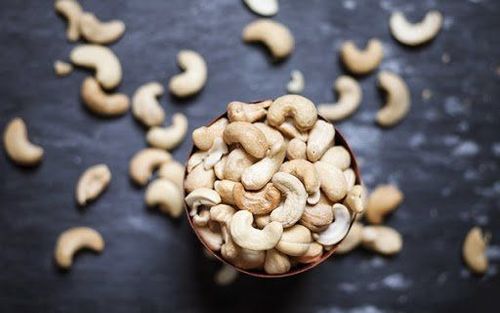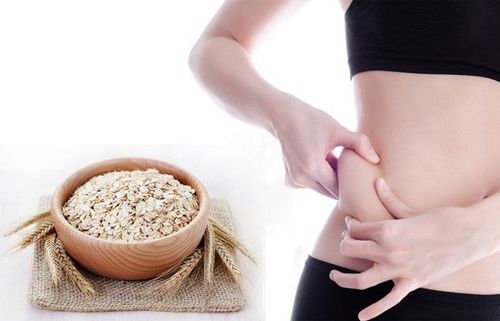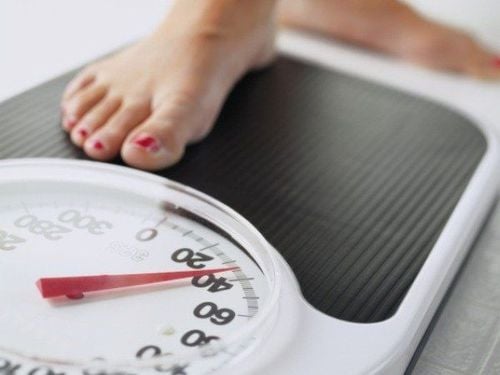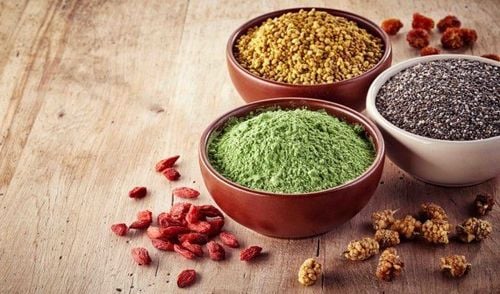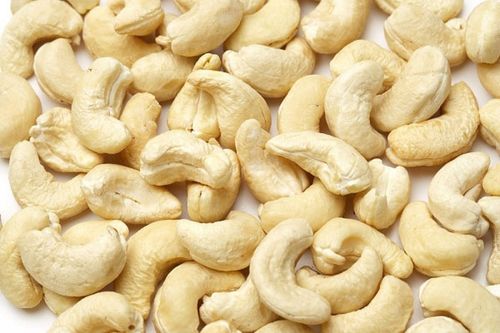This is an automatically translated article.
Carbohydrates (carbs) are a macronutrient that is the basic ingredient in human food. Carbs along with proteins, lipids, vitamins and minerals help humans maintain life, growth and development.1. What are carbs?
Carbs are one of the three elements found in human food, providing energy for all body activities. The other two elements are protein and fat. These trio work together to provide the energy the body needs to grow and repair damage. Carbs are broken down into sugar (glucose) and can be used by the body immediately.2. The body's energy source
The body uses energy from glucose. Glucose is especially needed to generate energy for the brain to function. Carbs are the primary source of energy, although the body can get energy through the breakdown of fat. In addition, the breakdown of fat for energy can produce substances called ketones, which cause acidosis and are not healthy.3. Support the training process
Carbs are a source of energy so it will help keep the body healthy during exercise. Experts recommend snacking 1 to 3 hours before a workout, eating a combination of carbs and protein like oatmeal, Greek yogurt, peanut butter, or a mix of nuts and raisins.4. Full and precious source of nutrients
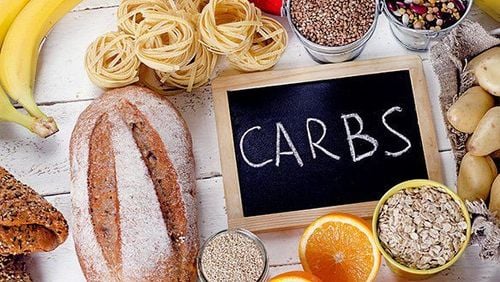
Những nguồn cung cấp carbs tốt nhất (các loại quả mọng, rau tươi, ngũ cốc nguyên hạt,...) chứa đầy chất xơ, vitamin, các chất chống oxy hóa giúp giữ cho cơ thể khỏe mạnh và năng động
Whole grains are high in fatty acids, magnesium, B vitamins, folate and zinc. Fruits and starchy plant foods also contain some of these ingredients, and have additional phytonutrients such as flavonoids and carotenoids that have disease-preventing effects. If you don't use a good source of carbs, all these valuable nutrients will be missed.
5. Simple Carbs
Granulated sugar is a prime example of simple carbs. Carbs are simply very small molecules, and that very structure makes them very easy for the body to break down for use. This means they will raise blood sugar (blood glucose levels) very quickly. Any food containing a sweetener (like candy, cakes, desserts, etc.) is a good source of simple carbs.6. Complex carbs
Chains of simple carbs linked together form larger molecules than complex carbs. The body will need to break down complex carbs into simple carbs and then into glucose before they can be used. This process takes longer, which means blood sugar levels will rise more slowly and therefore will limit the conversion to fat. Good sources of complex carbs include multi-grain breads and pastas, legumes, potatoes, and other root vegetables.7. Body's Storehouse
Excess glucose will be stored by the body as glycogen (mainly in the liver), and if there is too much glucose it will be converted to fat. This storage process helps the body always have energy to function between meals. However, the amount stored in the liver is only enough to provide energy for about a day.8. What happens if you eat too many carbs?
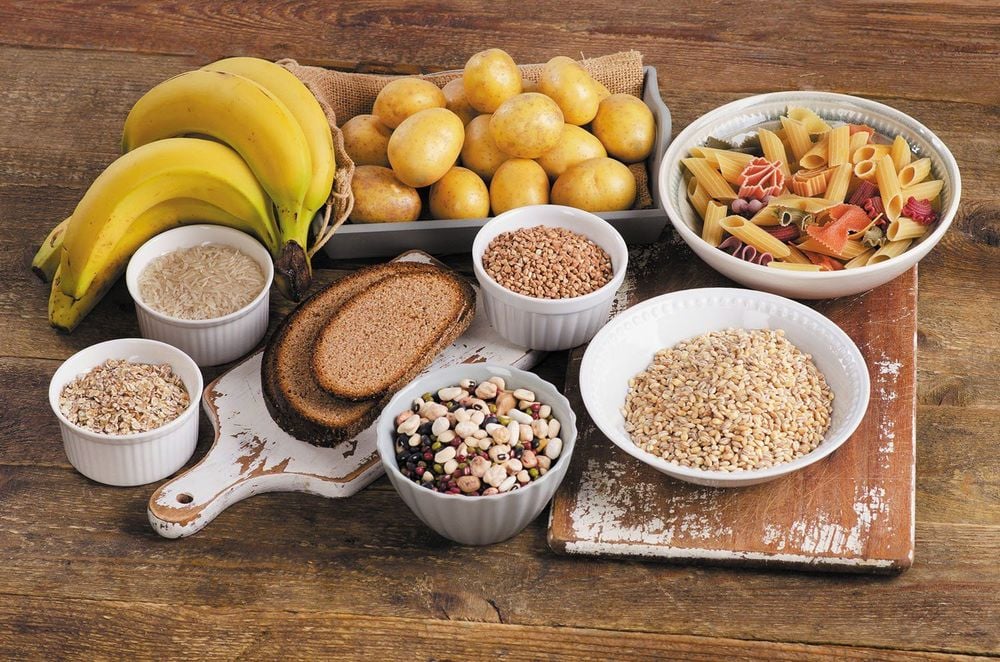
Nếu hấp thụ quá nhiều carbs thì sẽ xảy ra chuyện gì?
9. What happens if you don't absorb enough carbs?
If the diet does not provide the necessary amount of carbs, the body may become constipated by a lack of fiber and nutrients. At this time, the body will be forced to use protein or fat for energy. Protein is a structural component of the body, so if forced to use protein as a source of energy, the body will not be able to grow or repair damage.10. How much is enough to eat?
The number of carbs your body needs depends on your gender, body size, and activity level. Usually about half of the total daily energy intake is provided by carbs (from fruits, fresh vegetables, whole grains, legumes, dairy products,...). Increase your use of complex carbs and limit simple carbs.11. Low-carb diet
Theoretically, eating fewer carbs means eating less sugar, which in turn should lead to weight loss and short-term blood sugar control. However, low-carb diets contain a lot of protein, and to digest the body may need to use calcium stores. In addition, ingesting too much protein can increase the burden on the kidneys. Besides, to replace carbs, the body needs to eat more saturated fat, and it is completely unhealthy in the long term.12. Carbs and diabetes
If you have diabetes, be extremely careful with the amount of carbs you eat, because the body is no longer able to control blood sugar levels at a safe level like the average person. If you eat too many carbs, your body won't be able to regulate blood sugar levels down at a fast enough rate. But if blood sugar drops too low, a glass of fruit juice or a few simple carbs will help raise blood sugar levels. Patients with diabetes should consult with their doctor to understand how to manage their condition.13. Where is the source of healthy carbs?
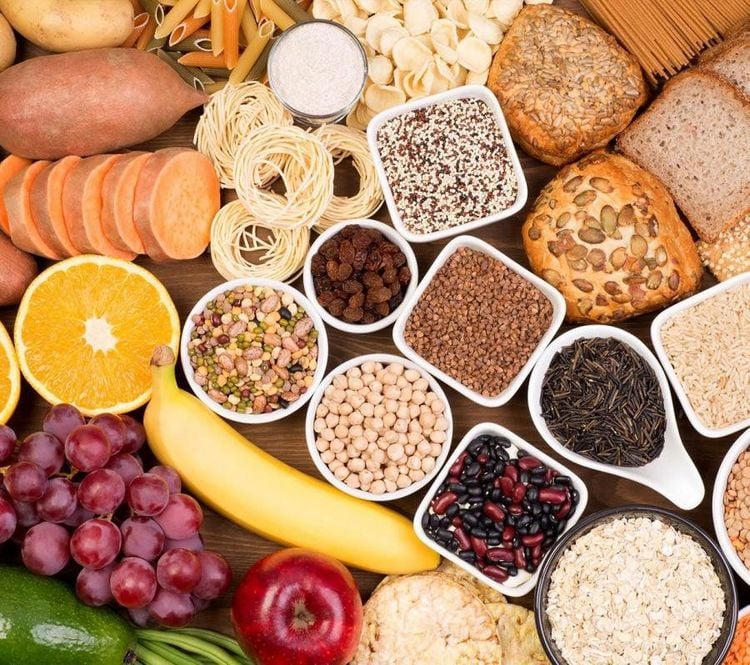
Hãy tìm kiếm nguồn carbs có lợi cho sức khỏe trong các loại ngũ cốc nguyên hạt như quinoa, lúa mạch đen, đại mạch,...
Please dial HOTLINE for more information or register for an appointment HERE. Download MyVinmec app to make appointments faster and to manage your bookings easily.
Article reference source: webmd.com



